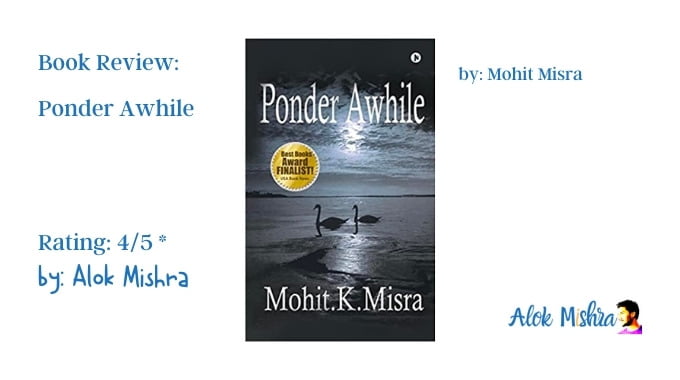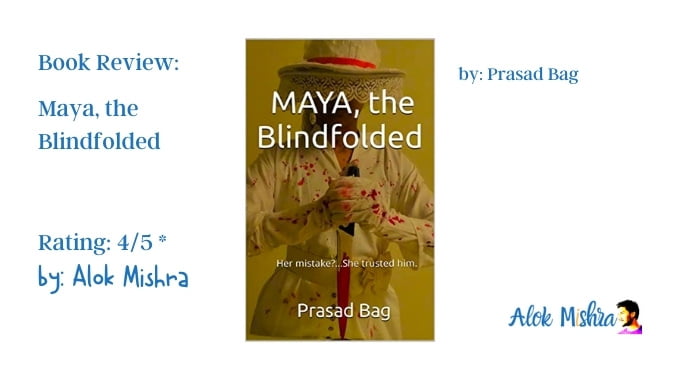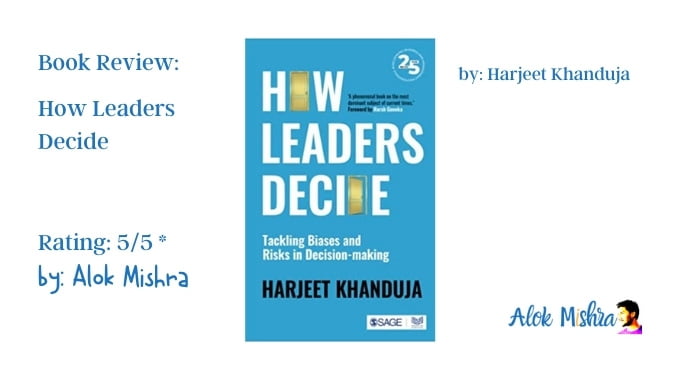Indian English poetry has been a very close subject to me. Right from the…
Literary Theory and Criticism by Patricia Waugh – Review
Studying Literary Theory and Criticism has always been a difficult task for Indian students of English literature. It is because of many reasons and today I am not in that leisurely mood to discuss all these. I am writing this article just to ensure that I convey my thoughts about Patricia Waugh’s edited book Literary Theory and Criticism, published by Oxford. The book is costly (Indian standards), respected among the scholars and also much ill-judged by students. And therefore, there are many reasons that I had to write this piece on this book that is, in fact, a collection of essays by distinguished scholars in the field of literary criticism and theory.
“The aim of this Oxford Guide is to provide an accessible, comprehensive account of modern literary criticism and theory for students and teachers often overwhelmed and bemused by the sheer diversity, volume, and heterogeneity of the intellectual sources of modern literary critical practice.”
This is what a reader finds at the very beginning of this book, foreword section. However, let me be very clear and candid; this Oxford Guide further complicates the things for an absolute beginner in the field of modern literary theory and criticism. The book uniformly offers ‘sheer diversity’ because there are many authors with many papers (or intellectual essays) and they haven’t been very direct, friendly and comprehensive either. Yes, the level of this book is ideal for the students who have, at least, a level more than the basic understanding of literary theory and criticism. Otherwise, this is not for the beginners at all!
What to do before studying this book by Patricia Waugh?
Well, my simple advice to the readers who want to study this piece by Patricia, you should go through an easy and friendly book on literary criticism first. And then, there cannot be any book that comes to my mind other than Begining Theory by Peter Barry! Peter’s book is an ideal beginning, as the name suggests, for any student who begins learning literary theory and criticism at an elementary level. Once you understand the basics in that book, you can go ahead with the intellectual juggling that Literary Theory and Criticism edited by Patricia Waugh offers.
Who exactly can read this book and use it ‘usefully’?
The readers who are either professors or students with an understanding of literary theories at a basic level can easily navigate through the ideas this book offers and use them for furthering their understanding. This book deals with the theories not in a direct way but in a rather indirect way that brings intellectual commentary into play. For example, an essay on T. S. Eliot’s Tradition and Individual Talent by Gareth Reeves will lead you everywhere else but not directly to the essay itself. So, the readers who are well-aware of Eliot’s essay and its ‘functions’ can easily revel in the intellectual liberty that Gareth has enjoyed in discussing the ‘significance’ of Eliot’s essay in the modern, postmodern and contemporary context with reference made to other intellectual artistry.
Concluding and signing off for the day:
And at last, I will certainly say that the book is very useful. However, to be able to use it effectively, one has to understand the basics first and then only it will be useful and a value-addition. I will once again advise reading Peter Barry first. Below are the links to buy the books. All the best guys!
Buy Patricia’s Book
Buy Peter Barry’s Book
Literary Theory and Criticism by Patricia Waugh
- Alok Mishra's Verdict
3.5
Summary
The book is ideal for readers with a developed sense of literary theory and criticism. Not a recommended title for the beginners.




True! This book is more like an intellectual document that can only be studied if one has the basic and a little more than the basic knowledge of English criticism and literary theory. For the beginners, this is not the book. But once you understand the initials, this book will open new dimensions. So, patience is the key!